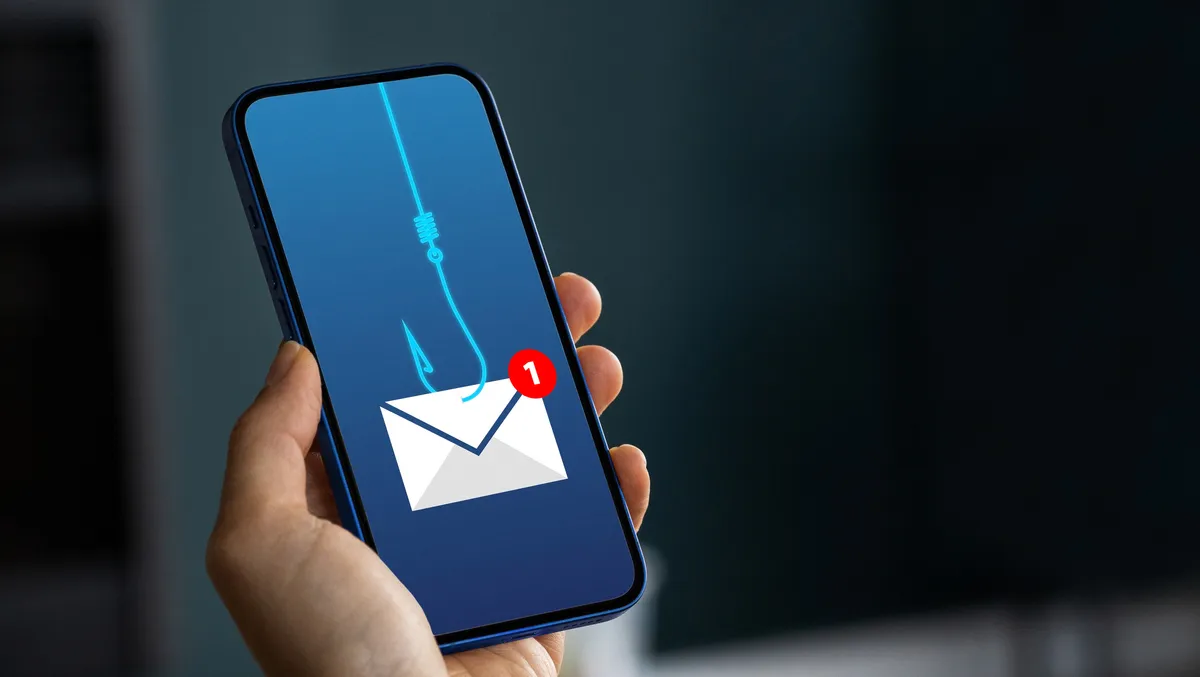
National Cybersecurity Week: Cyber awareness for non-tech savvy
In today's digital age, the importance of cybersecurity cannot be overstated. The ever-evolving landscape of cyber threats poses risks to individuals and organizations alike. To address this concern, cybersecurity experts at Geonode have compiled a comprehensive guide tailored to non-techy users. Graham Neilson, a leading expert from Geonode, emphasizes that cybersecurity is everyone's responsibility, stating, "Cybersecurity starts at home. Show care in protecting your information, your identity, and your data. It's a basic civic responsibility we all share."
The A-B-Cs of Cybersecurity
Geonode's guide begins with a fundamental message: cybersecurity is not just about complex software and encryption algorithms; it's about vigilance and proactivity. Neilson's words underline the core message that protecting oneself online is a civic duty.
The guide offers practical advice for non-techy users:
- Choose Strong, Unique Passwords: It's essential to create passwords that incorporate a variety of characters, including letters, numbers, and symbols. Common choices like "12345" or "password" should be avoided.
- Enable Multi-Factor Authentication (MFA): Neilson rightly points out that "Two is better than one!" MFA adds an extra layer of security by requiring multiple credentials for account access.
- Regularly Update Your Devices and Apps: Users are reminded not to ignore software updates, as they often include critical security patches.
- Be Wary of Public Wi-Fi: While convenient, public Wi-Fi networks can be prime targets for hackers. The advice here is to avoid accessing sensitive data when connected to public Wi-Fi whenever possible.
- Secure Your Email: Given the daily influx of emails, users are cautioned to exercise caution, particularly when dealing with emails from suspicious senders.
Do a Deep Cyber Clean
Sarah Greenwood, another Geonode expert, advises that a "digital spring cleaning" can significantly reduce one's exposure to cyber risks. Some suggested steps include:
- Delete Unnecessary Apps: Every app on your devices represents a potential vulnerability. The guide recommends keeping only essential apps.
- Check Privacy Settings: Users are encouraged to review and adjust the privacy settings on their social media platforms to ensure they are comfortable with the permissions granted.
- Regularly Back Up Data: In the event of a cyber incident, having a backup of important data can be a lifesaver.
Foster a Culture of Cyber Awareness
Greenwood emphasizes that cybersecurity is an ever-evolving field, and staying informed and proactive is crucial. The guide suggests the following steps:
- Be Aware of Current Cyber Threats and Scams: Staying informed about the latest cyber threats and scams is vital to protect oneself and others.
- Share Knowledge: Sharing what you learn about cybersecurity with friends, family, and colleagues can help create a safer online environment for everyone.
- Stay Updated: Reliable sources and forums like Geonode can provide valuable information to keep users updated on the latest developments in cybersecurity.
In conclusion, Geonode's experts, Graham Neilson and Sarah Greenwood, have provided non-techy users with a roadmap to navigate the complex world of cybersecurity. By following their advice, individuals can equip themselves with the knowledge and tools needed to protect their digital lives and contribute to a culture of cyber awareness. Remember, as Neilson aptly puts it, "Digital threats are an all-too-real part of our modern lives, but they don't have to be daunting."

